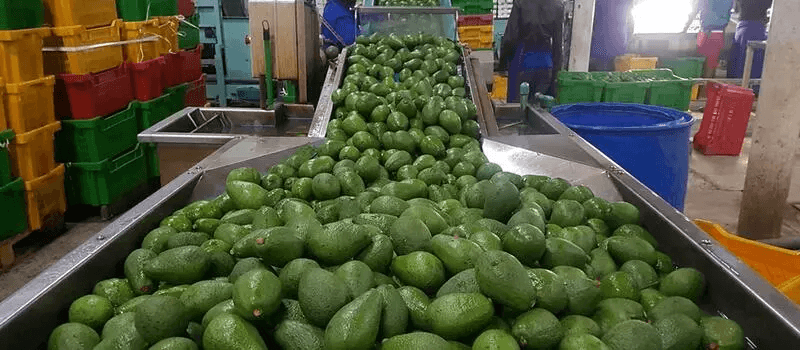
Our Projects are
Transforming African Trade
Quick Contacts
2nd Floor, Fidelity Insurance Centre Waiyaki Way, Westlands

The East African Community (EAC) has initiated a campaign aimed at raising awareness about the trade opportunities in agricultural exports generated by the EU-EAC Market Access Upgrade Programme (MARKUP).
The campaign targets small and medium-sized businesses (SMBs) involved in the agricultural supply chain, as well as cooperatives, farmers, and government agencies within the EAC.
It aims to provide them with valuable information and resources concerning agri-export trade.
During the campaign launch, Ms. Flavia Busingye, Acting Director of Customs at the EAC Secretariat, expressed that MARKUP has opened numerous trade prospects for agri-SMBs in the region.
She emphasized that since its inception in 2018, MARKUP has facilitated the growth of agri-exports in five EAC Partner States, namely Burundi, Kenya, Rwanda, Uganda, and Tanzania.
MARKUP, a collaborative effort between the EAC, the EU, the German government, and other development partners, has developed several resources to support the expansion of the agricultural export industry.
Notable resources include the EAC Quality Portal, the Financing Gateway, and the Burundi Trade Information Portal.
The program has also conducted market studies, published practical guides, handbooks, and policy briefs.
Ms. Busingye added that MARKUP has played a significant role in strengthening the region’s quality infrastructure, particularly in harmonizing standards and frameworks for intra-regional trade in food products.
She encouraged active participation in the campaign through various communication channels and platforms.
Ms. Busingye further acknowledged that small and medium-sized enterprises (SMEs) in the agricultural sector encounter various challenges when conducting trade within the East African Community (EAC).
Among these challenges are limited access to market information, including standards and quality requirements, cumbersome and costly customs procedures, and inadequate connectivity.
Read original article
Disclaimer: The views and opinions expressed in this article are those of the authors and do not necessarily reflect the official policy or position of TradeMark Africa.